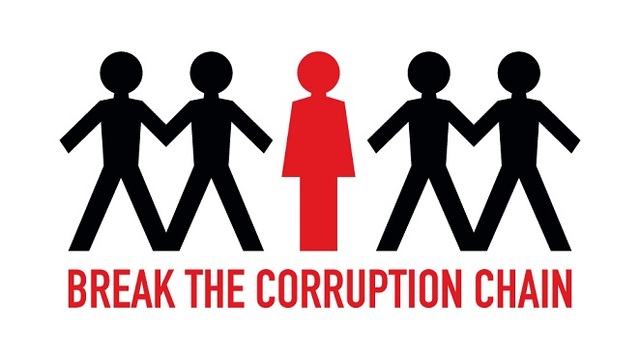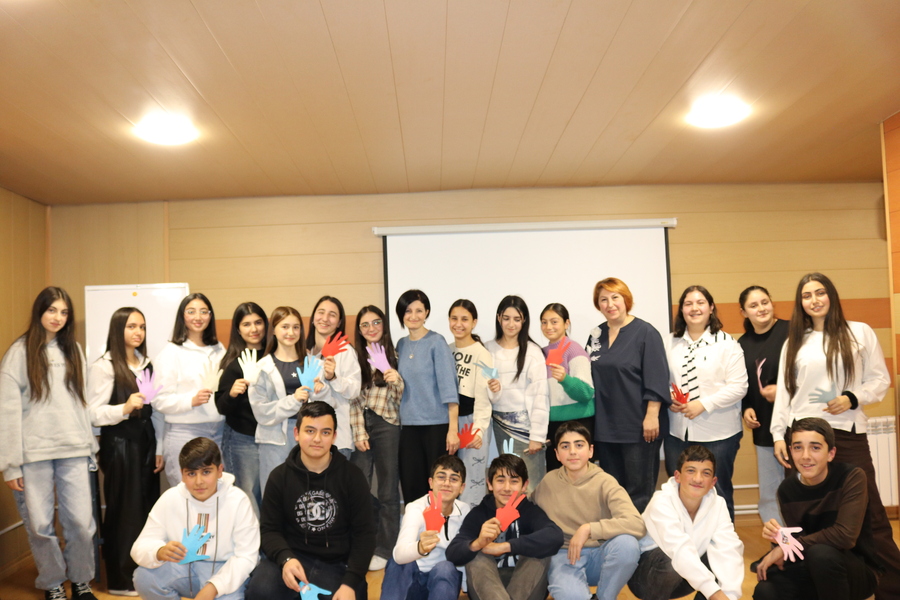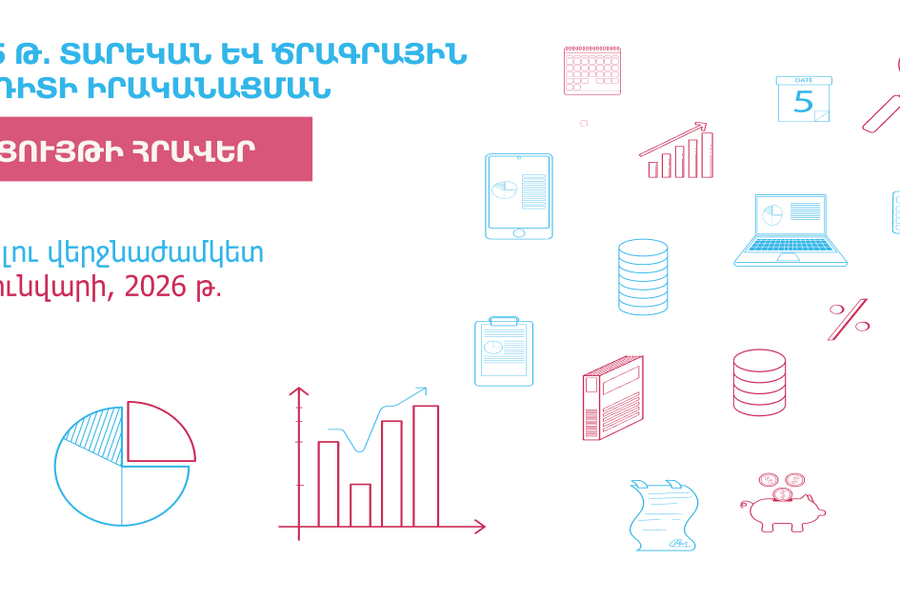Statement on the Occasion of the International Anti-corruption Day
Today, on December 9, the world celebrates the International Anti-corruption Day. In this occasion the experts and anti-corruption NGOs, politicians and state officials, representatives of business, as well as the public in general, summarize the achievements and failures of the past year, analyze them and design their future undertakings aimed at the reduction of corruption and neutralization of their consequences.
Based on the results of the 2014 Corruption Perception Index (CPI), published by Transparency International Anti-corruption Center (TIAC) several days ago, on December 3, 2014, it becomes obvious that the situation with corruption throughout the world did not change substantially. Similar to the previous years, during this year corruption in the public sector in the most of the countries continued to be perceived as serious problem.[1] Unfortunately, Armenia is still among such countries.[2] This year Armenia’s CPI score was 37 (last year it was 36), and taking into account the statistical error margin, no substantial change has been detected. Also, there is no change in the Armenia’s position in the CPI ranking list. Last year Armenia was sharing 94-101th places among 177 countries, whereas this year it is sharing 94-99th places among 175 countries.
It seems that this stagnating state occurring in Armenia does not provide any grounds for optimism, especially considering the fact that a number of substantial and basic causes, which condition such a dangerous level of corruption in the country and which TIAC was regularly mentioning publicly, are not eliminated. Those causes are the convergence of business and political elites, high level of monopolization in economy and politics, lack of independence of judiciary, as well as catastrophically low level of trust and high level of tolerance towards corruption in the society.[3] Armenia’s geopolitical choice also does not provide grounds for optimism. According to CPI 2014 results (as well as CPI results for previous years) the other three member states of the Eurasian Union, namely Russia, Kazakhstan and Belarus, are even more corrupt, than Armenia, and it would be naïve to think that in such environment Armenia in the future will become less corrupt, than it is now.
However, though it could sound paradoxical, the current situation with corruption in Armenia is not irreversible. The deterioration of the economic situation in the recent period, high levels of emigration and rapid devaluation of the national currency in the past weeks are not simply “separate deficiencies” of the current system, but rather the manifestations of its disfunctionality. The institutional “pillars” of the current political-economic system are the lack of protection of property, monopolism in both in economy and politics, weak judiciary and corruption that became a norm of state governance. Any country, which appears in such situation, rapidly starts to face the alternative between the loss of statehood and dismantling of the currently functioning system. In order to avoid the loss of the statehood and in the case of choosing the second way, among other reforms, radical measures shall be undertaken to substantially reduce the level of corruption in the country. The first most important steps shall be overcoming the convergence of politics and business, elimination of economic and political monopolies, establishment of genuine independent judiciary and restoration of trust towards state institutions.
[1] CPI reflects the perception of corruption in the public sector and first time it was published in 1995. Corruption is viewed as serious problem in the given country, if the CPI score for that country is less, than 50 on the scale from 0 to 100, where 0 means that the public sector in the given country is perceived as absolutely corrupt, and 100 – as absolutely clean. See http://www.transparency.org/cpi2014 and http://transparency.am/hy/cpi.
[2] Starting from 1999, with the exception of 2001 and 2002, Armenia is consistently included in the CPI ranking list.
[3] According to the findings of the Life in Transition survey conducted in 2010 by the European Bank of Reconstruction and Development in 29 former Communist countries and Turkey, Armenia is on the last place on the level of trust inside the society and lags far behind other surveyed countries. The score of the Index of Trust for Armenia was 8, whereas the average score for that index for all 30 countries was equal to 42. It is worth mentioning that the same survey conducted in 2006 revealed the score for the Index of Trust for Armenia equal to 20. See http://microdata.worldbank.org/index.php/catalog/1533:






